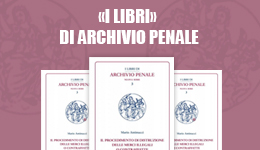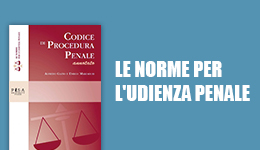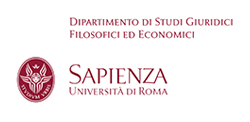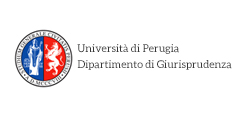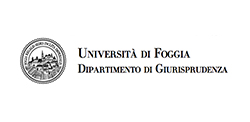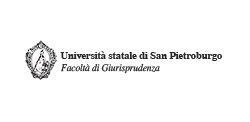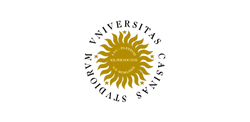Si è cercato un racconto, più che un’informazione; un perché, più che una correlazione.
Ne è venuto fuori una sorta di algoritmo, un procedere della conoscenza utile quando la gestione della regola è afflitta dall’inconsapevolezza delle sue ragioni. L’algoritmo trovato è “sapere di sapere” abbastanza delle ragioni del diritto penale per gestirlo in maniera acconcia. Un sapere refrattario all’informazione seriale, al localismo dogmatico, agli affari di bottega perseguiti con la funzione che il giurista svolge: sia essa legislativa, giudiziaria, amministrativa. O accademica.
Knowing about knowing. Awareness of the relationship between theory and practice in criminal law.
A narrative rather than information was sought, a why rather than a correlation.
What emerged was a kind of algorithm, a process of knowledge useful when the rule administration is plagued by ignorance of its reasons. The algorithm found is ‘knowing to know’ enough of the reasons for the criminal law to manage it rationally. A knowledge that is resistant to serial information, to dogmatic localism, to the bargain made by the function that the jurist performs: be it legislative, judicial, administrative. Or academic.


